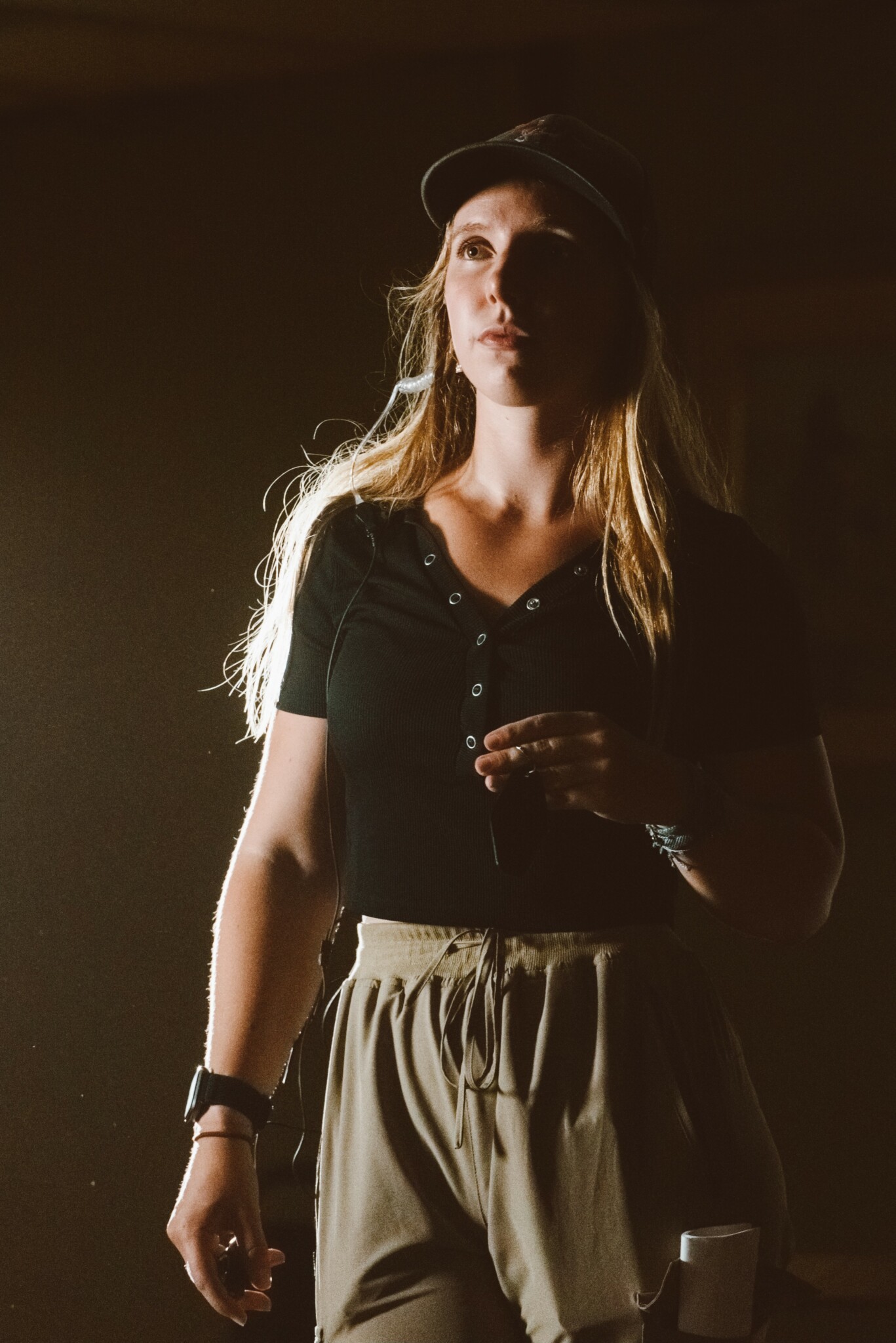We’re excited to introduce you to the always interesting and insightful Katerina Gerlach. We hope you’ll enjoy our conversation with Katerina below.
Hi Katerina, thanks for joining us today. We’d love to hear the backstory behind a risk you’ve taken – whether big or small, walk us through what it was like and how it ultimately turned out.
When I first graduated from film school, I had an assistant job at a film company lined up – it paid well, had decent benefits, and was something stable in my career field right off the bat. However, my real passion in filmmaking has never been the desk work, especially in an assistant position – it has always been being on set, working with people, and leading the crew as a 1st AD (assistant director). A couple weeks before I graduated, a director whom I had worked with on a feature film previously reached out to me and said that some producers she knew were looking for an AD for their next feature and that she wanted to recommend me if I was available. In that moment, I realized that taking this assistant position would mean saying no to these opportunities, to the thing that I really had the passion for, for the next two years (the length of the commitment the company had asked for). After taking some time to think and pray about this decision, I decided to jump right in. I emailed the production company and let them know that I had decided not to take the job and a couple of weeks later, I moved to LA with no car, job, or housing to pursue freelancing. I began working first in TV, starting on Criminal Minds and then day-playing on For All Mankind (an Apple+ TV show), as well as a few other smaller shows. But when the strikes hit a few months later, I decided that it was my chance to get into the independent features as an AD. I began applying left and right to everything that I could, reaching out to producers and directors and constantly pitching myself, and soon enough, I began landing jobs. And not just in California, but all over the country. In fact, my first year in LA, I found that I was out of town an average of 22 days each month for shoots. Realizing that I was investing almost all of my income into housing and bills that I was barely utilizing, I decided to take another risk. In February of 2024, I moved out of my apartment, put all of my belongings in storage, and decided to live on the road full-time. In the two years of freelancing, I’ve worked on films in fifteen different states and was even able to travel to Poland for a feature. I have met so many talented filmmakers, and have learned more than I ever could have if I had stayed in LA. I would not be where I am today if it weren’t for taking risks, trusting, and jumping into the deep end.

Great, appreciate you sharing that with us. Before we ask you to share more of your insights, can you take a moment to introduce yourself and how you got to where you are today to our readers.
My name is Katerina Gerlach and I am a freelance assistant director (AD) in the film industry. For those unfamiliar with the term “AD,” the role does not consist of being an assistant TO the director, but rather working hand in hand with them to bring the film from script to screen. An AD is one of the first crew members brought onto a shoot – they are the one to take a script and create the shooting schedule, working with the producers to ensure that the film can be made in the allotted time. They work with each of the film’s department heads (lighting, wardrobe, hair and makeup, props, etc.) to make sure that everyone has what they need and knows exactly what is happening and when. Another big part of the ADs job is safety – making sure that everything on set is done as safely as possible to avoid any cast or crew being injured. This includes everything from making sure that there is plenty of water and sunscreen and shade on sunny days, to making sure that weapons being used as props do not have real bullets in them, working with a stunt coordinator to choreograph stunt scenes, and coordinating road closures for car chase scenes. When it comes time for production, the AD is the one that runs the set – they are the loud one, the one to yell “Action” and “Cut,” the one to keep things moving quickly so that the production gets all of the footage they need without going over budget. The AD is the problem solver on set – they are often the one approached when any member of the cast or crew is uncomfortable with something or when they need a quick fix.
I first learned how to be an AD in film school, but as with every roll on a film set, it’s a position that you can’t really learn until you’re doing it. I attended John Paul the Great Catholic University in Escondido, CA – a school known to be much more hands on than most film schools. Before I graduated, I had been a crew member on over 75 short films as well as 2 feature films (one outside of the school and one that was almost entirely crewed by students and alum). Of those, I had ADed more than twenty shorts as well as one of the two features. I graduated as valedictorian of my class and moved to LA to begin free-lancing right away. Two and a half years later, at 22, I have worked on thirteen feature films in all sorts of genres and with varying budgets and lengths. I’ve done a Christmas rom-com that takes place on a plane, a horror movie on a farm in Pennsylvania, a 60s mafia movie shot all over and outside of Los Angeles, a WW2 drama that was shot in Poland, and so many others. I’ve met and worked with so many talented cast and crew members, traveled to all fifty states, and been a big part of so many impactful and inspirational stories.
To many people, the job of an AD sounds boring. We sit in front of a computer for hours on end. We make schedules and adjust schedules and adjust again. We send thousands of emails and texts, make hundreds of calls, and are constantly putting out fires. But to me, it is a lot more than that. Being an AD means that I get to know each and every cast and crew member on a personal level. I get to be their go-to person to solve problems. I get to have a hand in every department and every decision and I get to know every little thing that’s going on behind the scenes. I get to work more closely with the director than any other crew member and I get to see their creative vision on a very deep level and help communicate it to the other departments. I’m there to make sure everyone is heard and everyone is happy – after all, we’re in this because we love it.
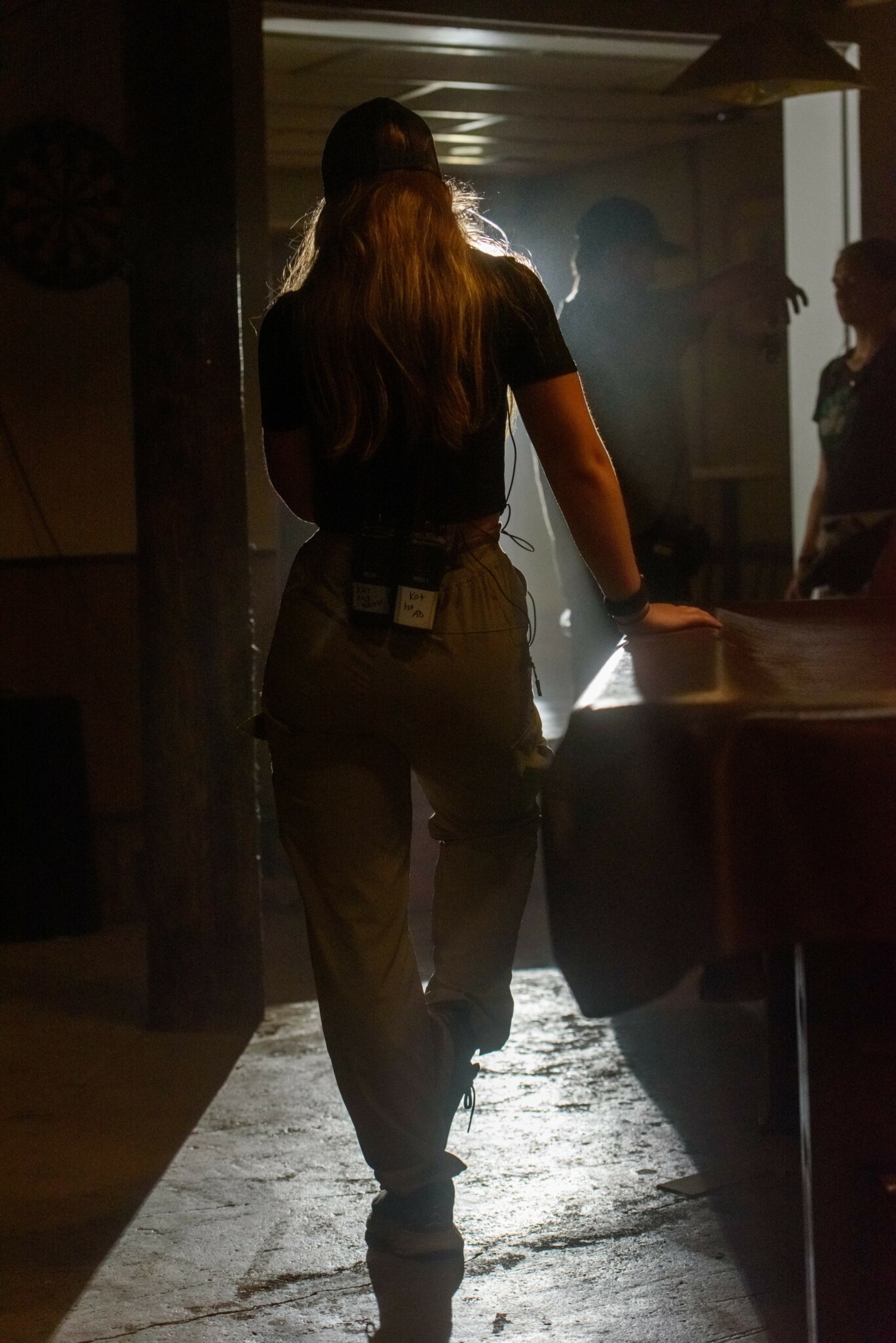
What do you find most rewarding about being a creative?
One of my favorite things about being a filmmaker is having the ability to take a script, a pile of paper, and turn it into something that can be watched for hundreds of years. Something that can inspire and impact audiences, that can ask important questions and spark conversations on real issues, that can make people feel real emotions. The stories we tell have the power to show people that they are not alone in their struggles and in their shortcomings, to give them hope, to make them laugh or cry.
Unlike many forms of media (books, music, etc.), film is both audial and visual. There are millions of pieces that have to come together in just the right way to make a good film. Working behind the scenes as an AD, I have some level of involvement in almost every single one of those pieces and get to see just how much goes into the making of each film and how many people, both cast and crew, pour their hearts and souls into it. Film is a collaborative process through and through – none of us could do this by ourselves. Going to a premiere and getting to see a film that has been years in the making, knowing just how many people worked tirelessly to get it there, and then getting to see audiences reactions to it, are some of the most rewarding things I will ever experience.
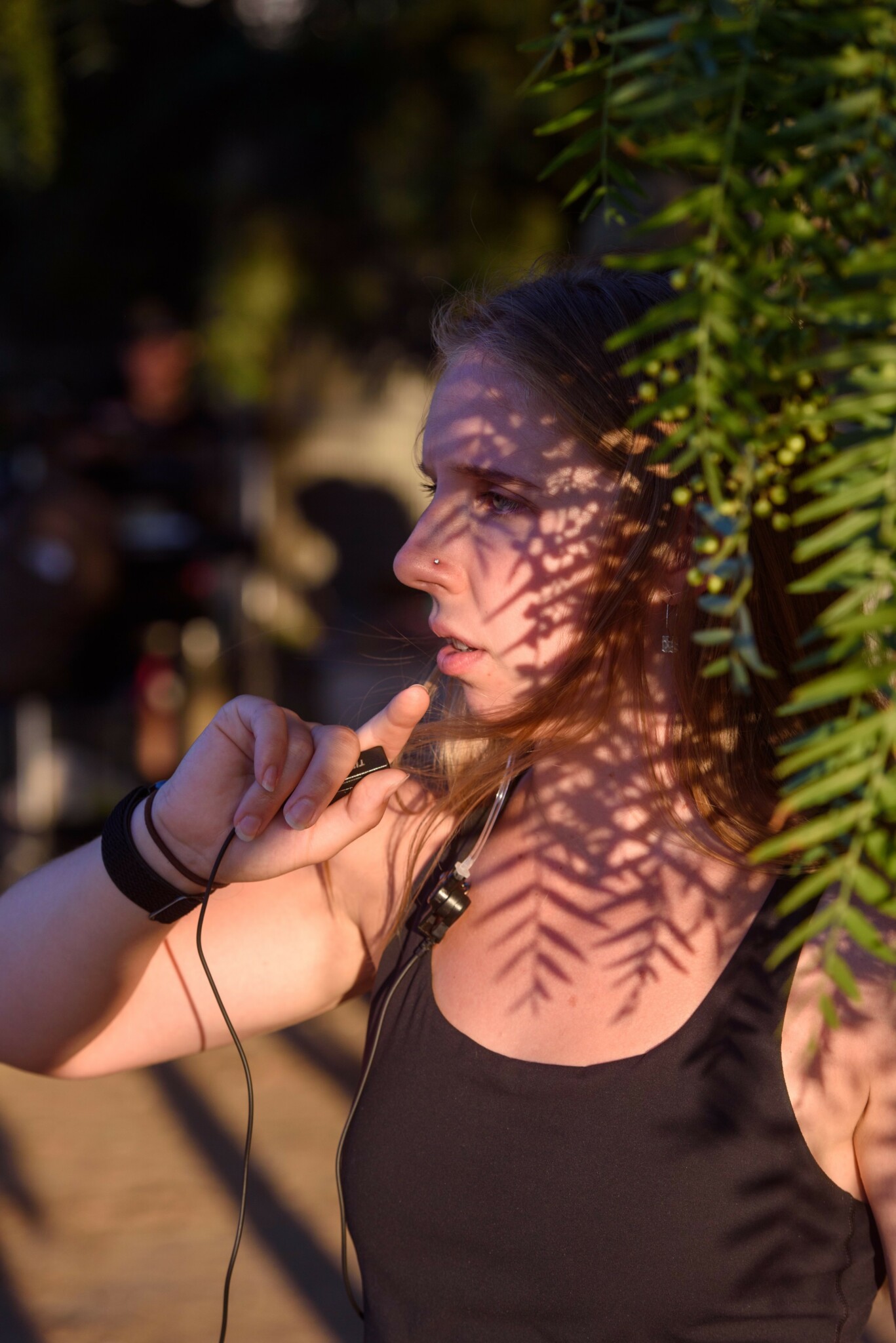
Can you share a story from your journey that illustrates your resilience?
The film industry is very much a feast-or-famine industry. Sometimes, we work six days a week, 12 hours a day, for months on end. And other times, nothing is happening for months at a time and we have to buckle down and save as much money as we can. Moving to LA right out of school and trying to pay off student loans while beginning a freelance career takes a lot of sacrifices – it means not going out to eat, not going to events (concerts, movies, etc.), and avoiding any costs that aren’t necessities (rent, insurance, bills/utilities, gas, and groceries). Even then, there were a lot of times when I was living paycheck to paycheck, something I had avoided up until then. A couple of times I had to loan money from my parents to cover the rent costs and I even came close to looking for other work, but every time I did, I landed another gig or two and was able to scrape by. As hard as those times were, I kept pushing through, putting as much money as I could towards student loans, and spending as little as possible on everything else. Within two years, I was officially debt free and, after moving out of my apartment and deciding to live on the road and travel full time from production to production, I have been able to save a lot more. If I’ve learned anything through these trials, it’s that if we want something badly enough, we’ll find a way to make it possible.
Contact Info:
- Website: https://www.imdb.com/name/nm11497352/bio/?ref_=nm_ov_bio_sm
- Instagram: @katgerlach02
- Facebook: https://www.facebook.com/katerina.gerlach/
- Linkedin: https://www.linkedin.com/in/katerinagerlach/
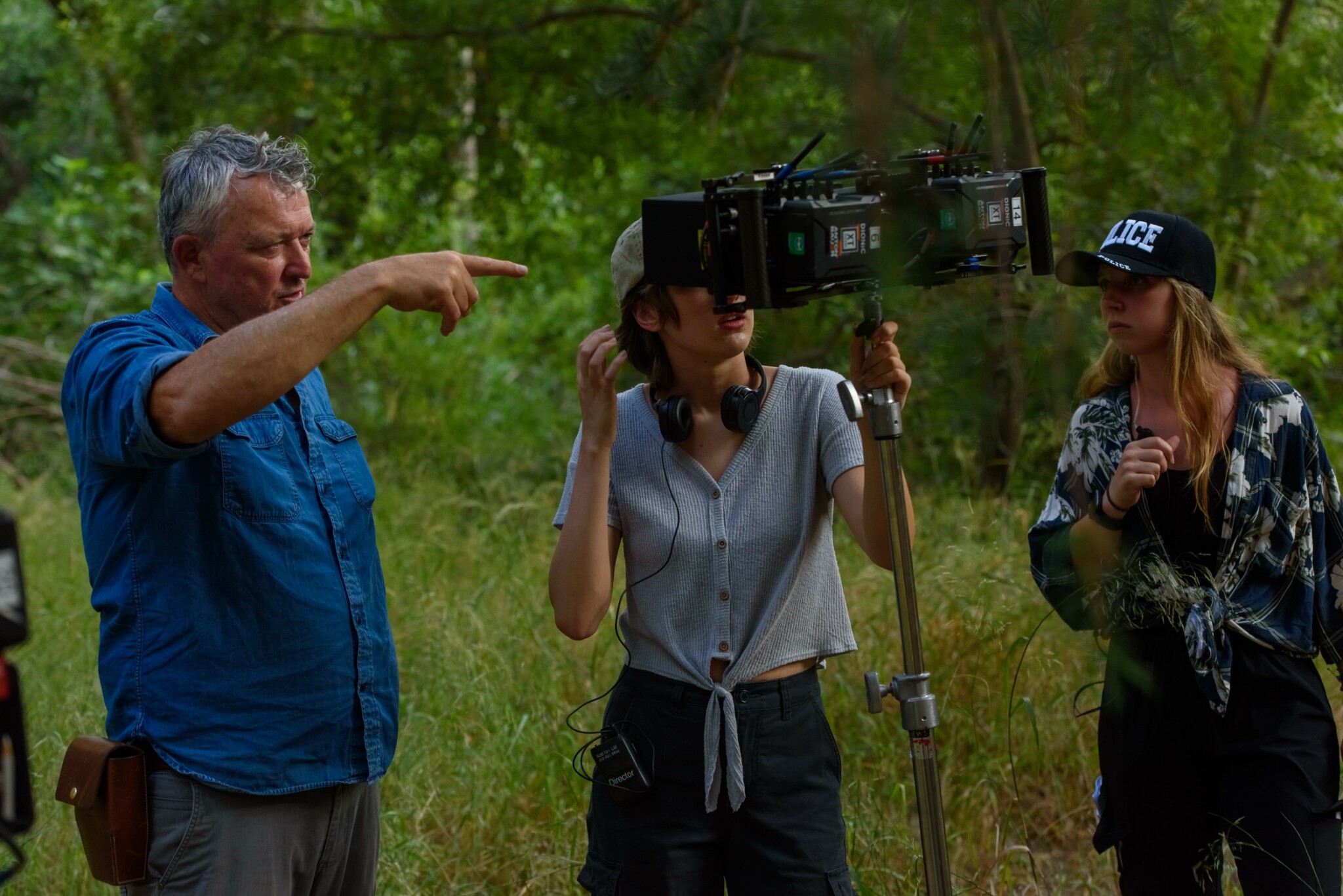
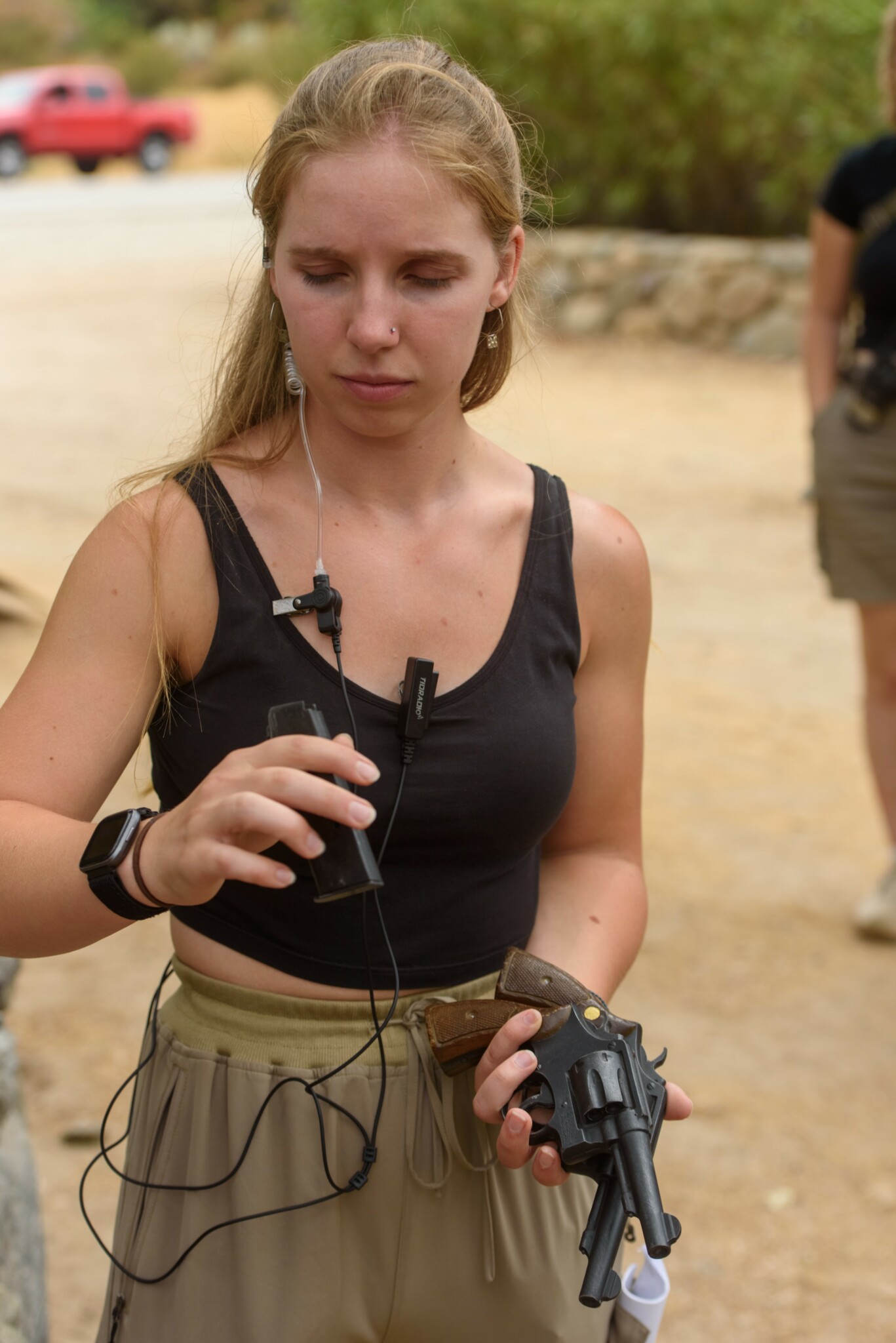
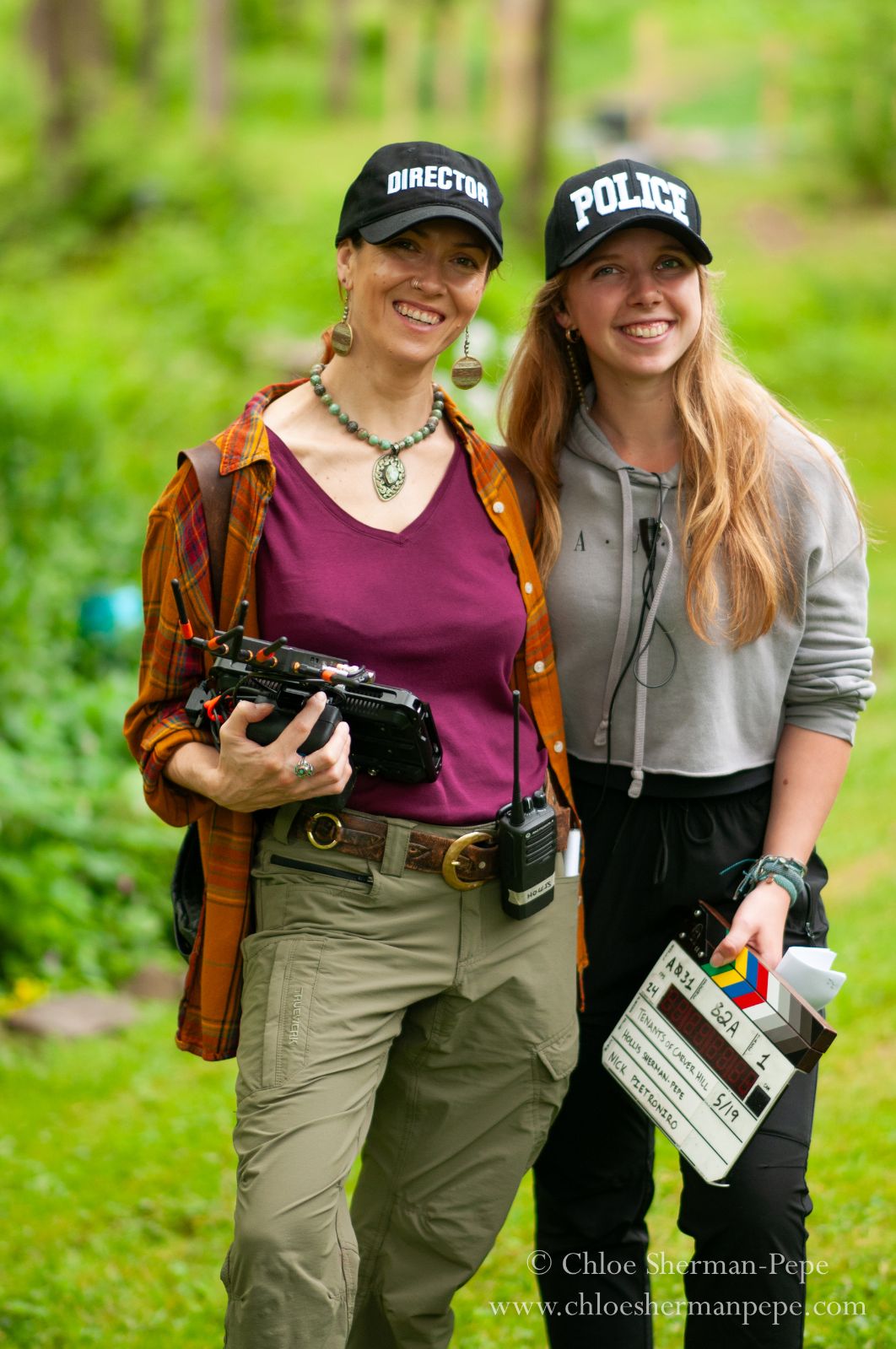
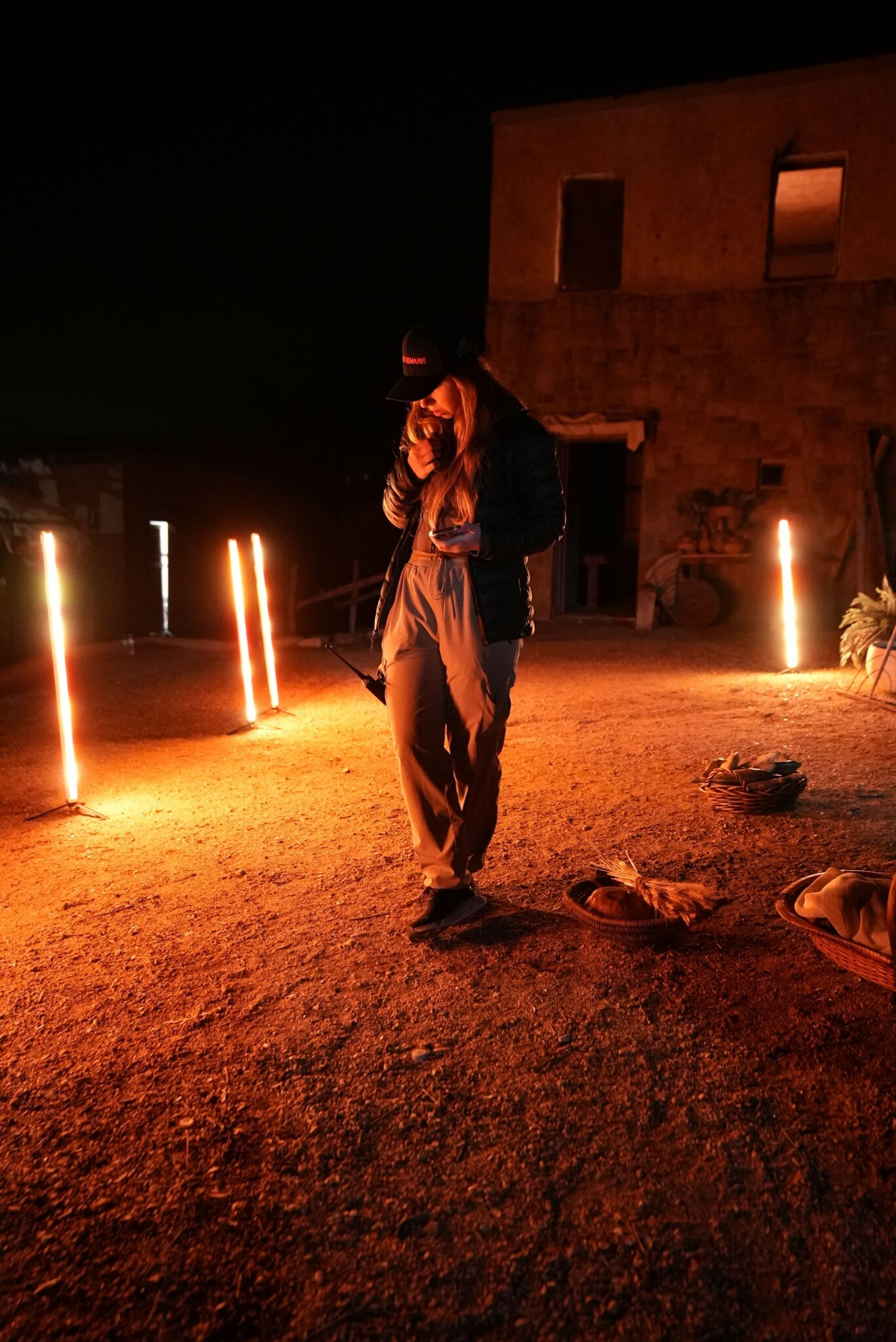
Image Credits
Chloe Sherman-Pepe, Roman Galasun


